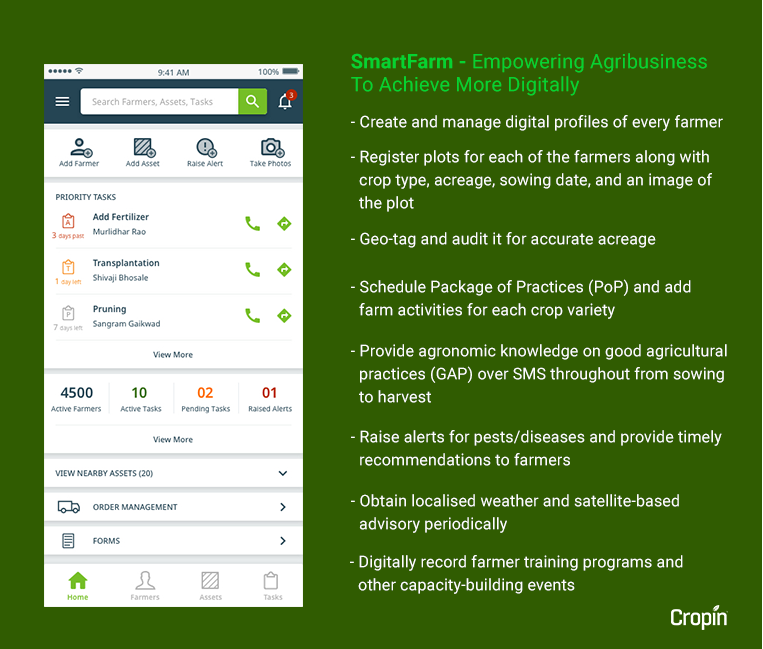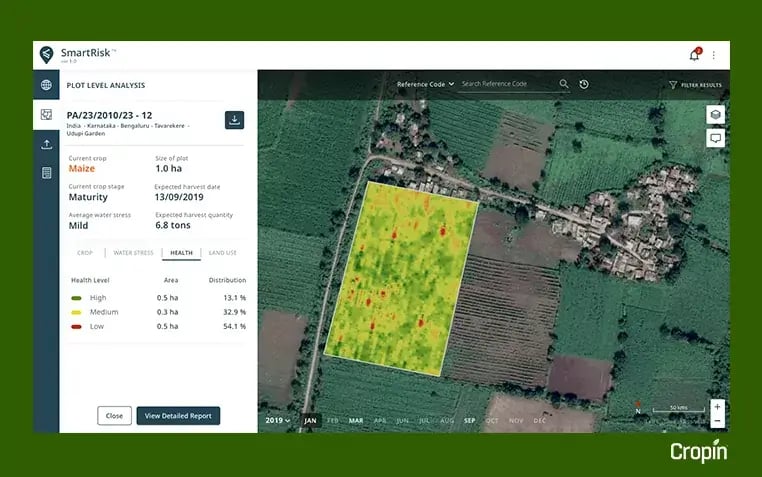Global partnerships for sustainable mint production in india – the shubh mint project
Overall, these practices enabled farmers to earn better incomes and improve their standard of living over time. Within a year of the project’s implementation, 2,600+ farmers were trained, and their yield was up by an average of 68%. Many of these farmers had also spent less on input, saving an average of INR 6,222 during the crop season.

Building resilient communities for a better future
Empowering women today for success tomorrow
Enhancing efficiency with smart farming solutions

Advancing towards the ultimate goal
With an estimated 80% of the Indian agriculture sector driven by private companies, multi-stakeholder projects such as Shubh Mint are critical to the progress of smallholder farmers in developing countries. The success of these projects is made even more possible when the collaborating organisations focus on the same strategic intent and drive their efforts towards the end goal by complementing each other’s strengths and values. The primary goal of the Shubh Mint project was to ensure a sustainable mint value chain by enhancing the livelihoods of smallholders farmers, and each of the partners played a critical role in achieving the same.
Get in touch with us to explore how we can make it possible for you.








